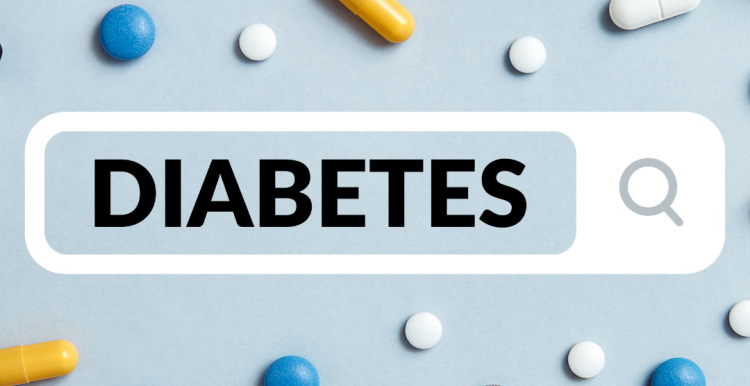Diabetes Awareness Week – 14th – 19th June 2022

What is diabetes?
Diabetes is a serious condition where your blood glucose level is too high. It can happen when your body doesn’t produce enough insulin or the insulin it produces isn’t effective.
There are two main types of diabetes: type 1 and type 2.
One in 15 people in the UK have diabetes, including one million people who have type 2, but haven’t been diagnosed.
When you’ve got type 1 diabetes you cannot make insulin at all. If you’ve got type 2 diabetes, it’s a bit different. The insulin you make either cannot work effectively, or you cant produce enough of it. They’re different conditions, but they’re both serious.
Other types of diabetes include gestational diabetes, which some women may go on to develop during pregnancy. There are also many other rarer types of diabetes such as type 3c and Latent Autoimmune Diabetes in Adults.
What causes diabetes?
With all types of diabetes the common factor is that they cause people to have too much glucose (sugar) in their blood. But we all need some glucose.
We also need a hormone called insulin. It’s made by our pancreas, and it’s insulin that allows the glucose in our blood to enter our cells and fuel our bodies.
If you don’t have diabetes, your pancreas senses when glucose has entered your bloodstream and releases the right amount of insulin, so the glucose can get into your cells. But if you have diabetes, this system doesn’t work.
What are the symptoms of diabetes?
The common symptoms of diabetes include:
- Going to the toilet a lot, especially at night
- Being really thirsty
- Feeling more tired than usual
- Losing weight without trying to
- Genital itching or thrush
- Cuts and wounds take longer to heal
- Blurred vision
Diabetes complications:
Over a long period of time, high glucose levels in your blood can seriously damage your heart, eyes, feet and kidneys. But with the right treatment and care, people can live a healthy life.
Further information about the different types of complications can be found here
Managing Diabetes:
Getting used to life with diabetes can be difficult, but there is lots of information to help you learn how to treat and manage your condition effectively here
How can the NHS make support better for people with long term health conditions?
One woman shares what she thinks would make care better for people with long term health conditions, based on her experience of type 1 diabetes. Read it here


